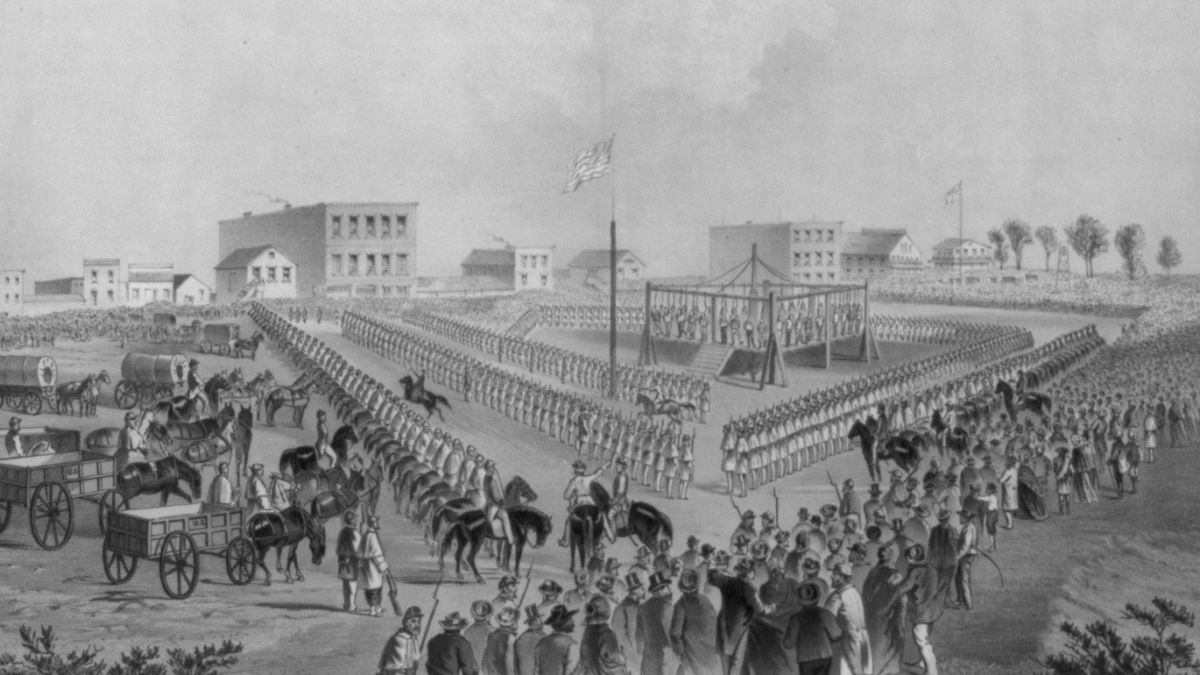About Publications Library Archives
heritagepost.org

Preserving Revolutionary & Civil War History

Preserving Revolutionary & Civil War History

Author: Abraham Lincoln
Date:1862
Annotation:
Early in the war, Lincoln handled the slavery issue cautiously to avoid losing the support of the border states. He did, however, take a major symbolic step when he became the first President to approve of the execution of an illegal slave trader.
Document:
Whereas, it appears that at a Term of the Circuit Court…for the Southern District of New York held in the month of November A.D. 1861, Nathaniel Gordon was indicted and convicted for being engaged in the Slave Trade, and was by the said Court sentenced to be put to death by hanging by the neck, on Friday the 7th day of February, A.D. 1862;
And whereas, a large number of respectable citizens have earnestly besought me to commute the said sentence of the said Nathaniel Gordon to a term of imprisonment for life, which application I have felt it to be my duty to refuse;
And whereas, it seemed to me probable that the unsuccessful application made for the commutation of his sentence may have prevented the said Nathaniel Gordon from making the necessary preparation for the awful change which awaits him;
Now, therefore, be it known, that I, Abraham Lincoln, President of the United States of America have granted and do hereby grant unto him, the said Nathaniel Gordon, a respite of the above recited sentence, until Friday the twenty first day of February, A.D. 1862, between the hours of twelve o’clock at noon and three o’clock in the afternoon of the said day when the said sentence shall be executed.
In granting this respite, it becomes my painful duty to admonish the prisoner that, relinquishing all expectation of pardon by Human Authority, he refer himself alone to the mercy of the Common God and Father of all men.
Source: Gilder Lehrman Institute
Additional information: Abraham Lincoln, [Respite of execution for slaver Nathaniel Gordon]